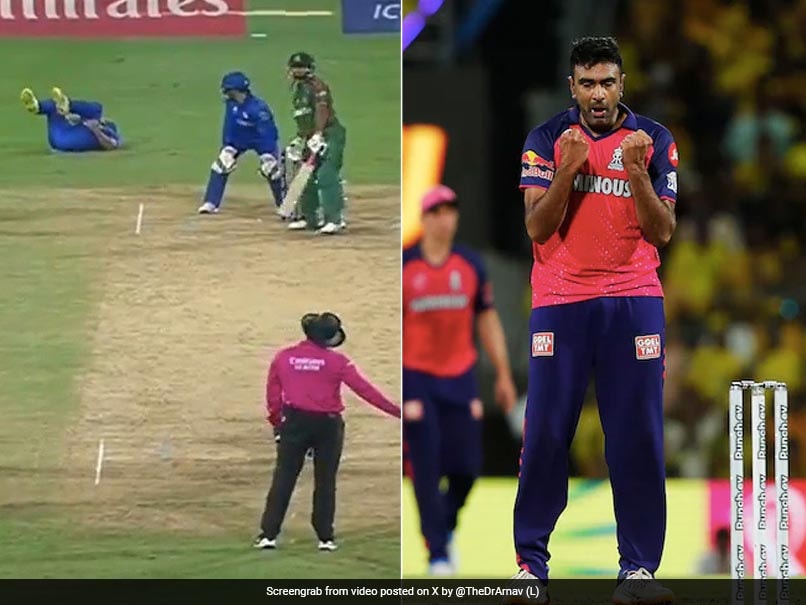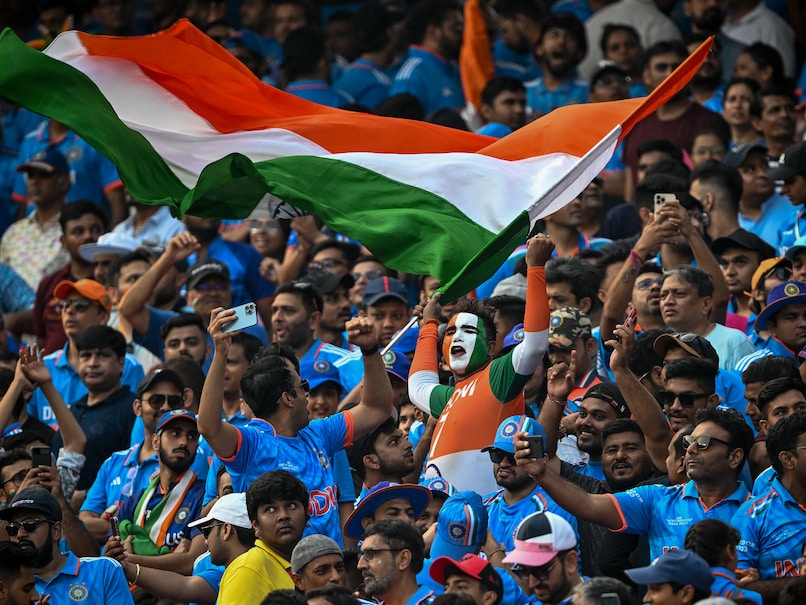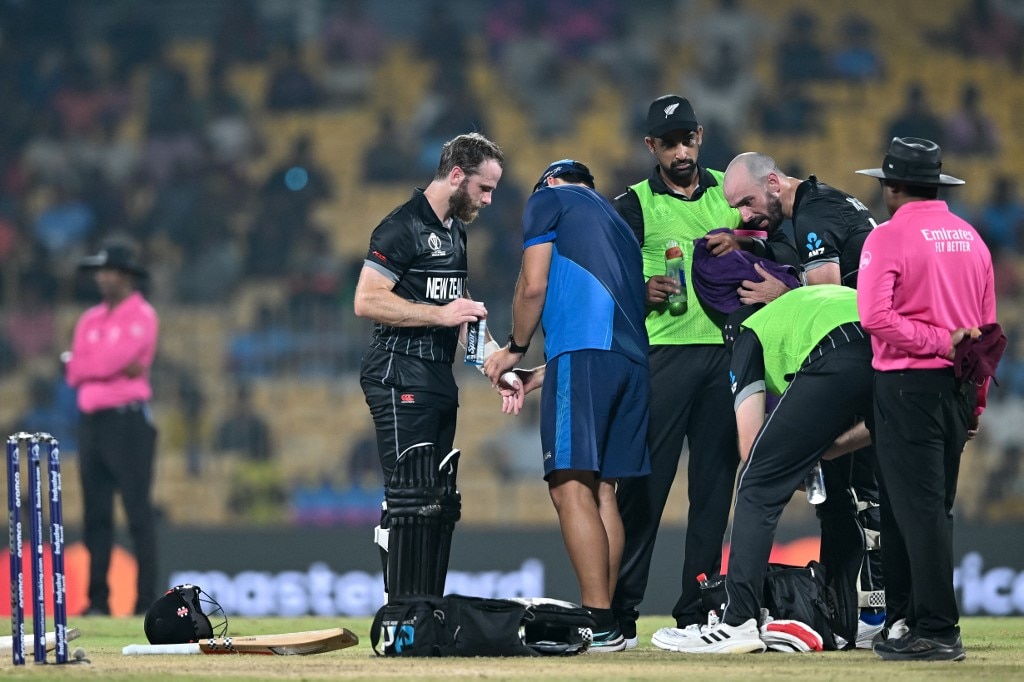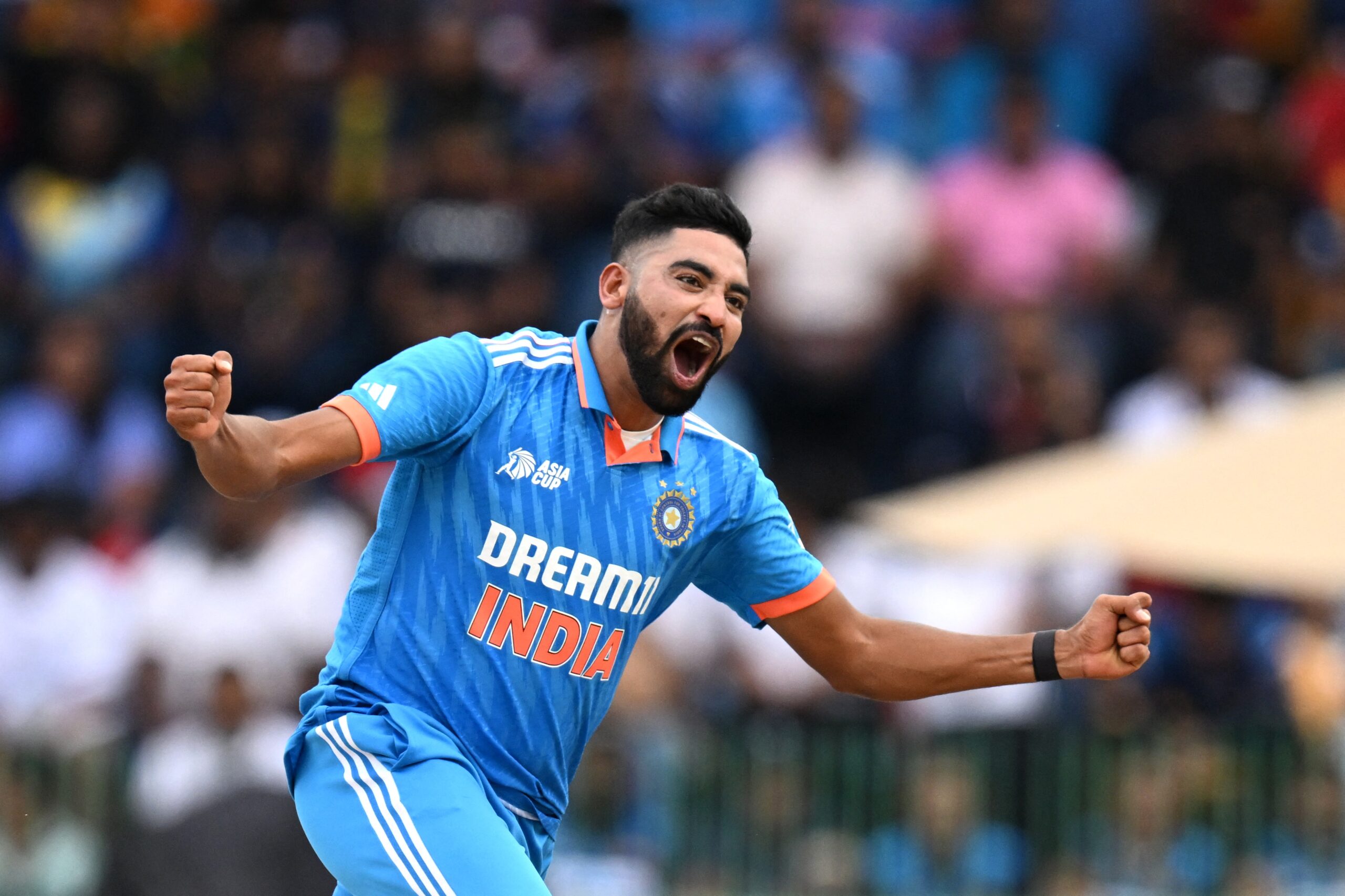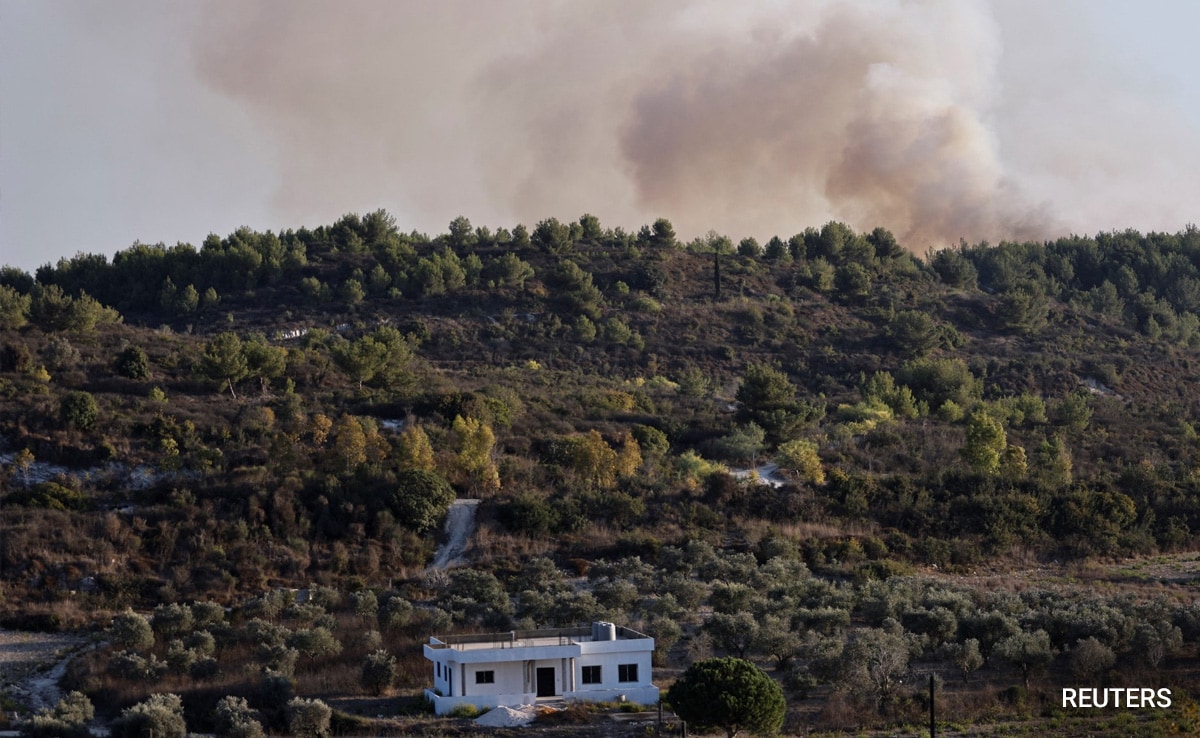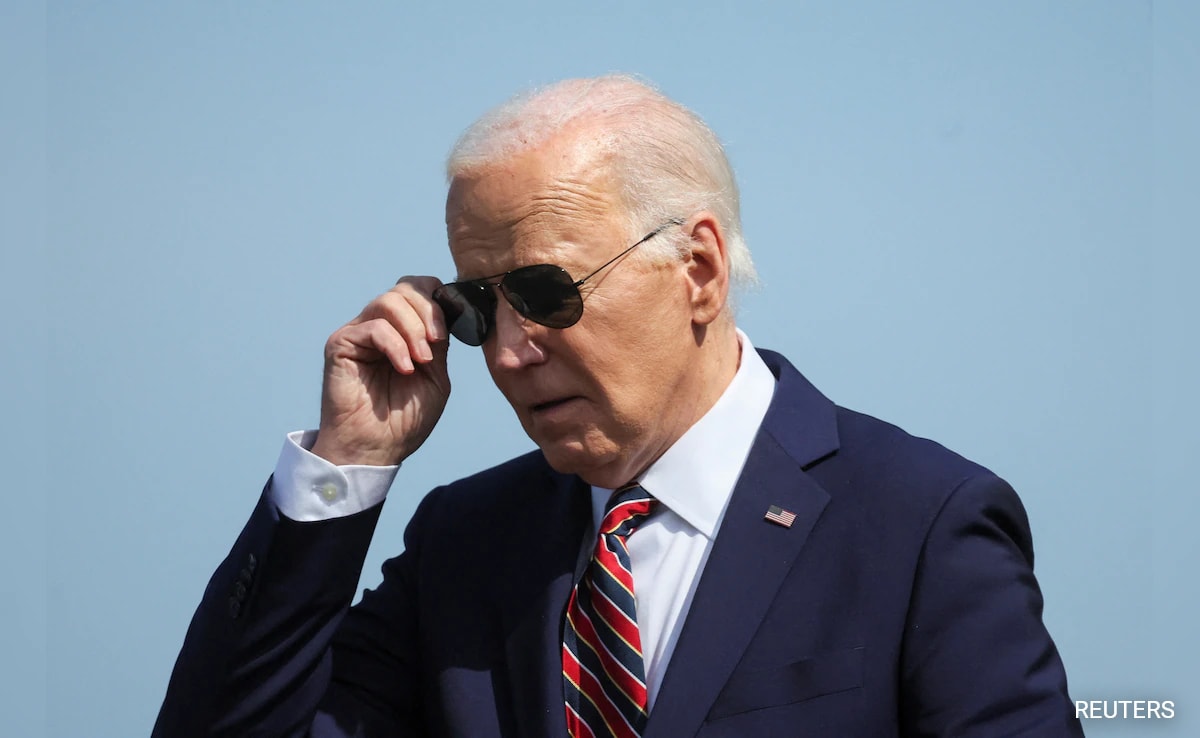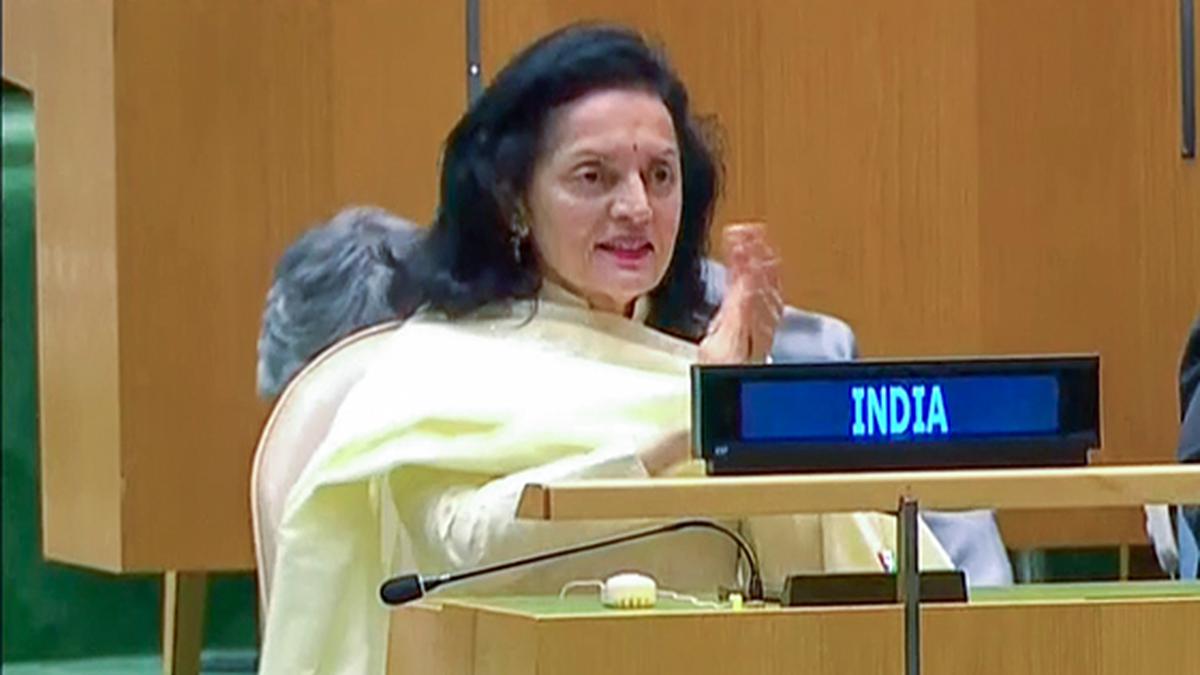U.S. Deputy Secretary of State Kurt M. Campbell
| Photo Credit: AP
India is looking at “potential” institutional reforms against the backdrop of the Pannun issue and alleged assassination attempts, U.S. Deputy Secretary of State Kurt M. Campbell said on June 26, adding that the U.S. seeks “accountability” from the Indian government and has “consistently” asked for updates on the committee investigating the matter.
“We have had constructive dialogue with India on this topic and they have been responsive to our concerns. We made clear that we seek accountability from the government of India and we have consistently asked for updates on the Indian committee… We raised this issue directly with the Indian government at the most senior levels between our two countries,” Mr. Campbell said. “We also believe that Indian colleagues are looking carefully at what potential institutional reforms might be necessary in the wake of some of these allegations and reports… Those discussions continue between the U.S. and India.”
Watch: Nijjar killing – Pannun case: How should India manage diplomatic fallout
Mr. Campbell was speaking at a virtual briefing on the second India-U.S. initiative on Critical and Emerging Technology (iCET) dialogue that was chaired by the National Security Advisers of both countries last week.
The External Affairs Ministry set up a “high-level” inquiry committee on November 18 into the alleged assassination plot against U.S.-Canadian Khalistani separatist leader Gurpatwant Singh Pannun in May 2023.
The investigation into the case by the Federal Bureau of Investigation and the Drug Enforcement Administration (DEA) has led to a chargesheet against an Indian national, Nikhil Gupta, 52, who allegedly hired a hitman to target Khalistani separatists in the U.S. and Canada at the behest of a senior Indian security official.
Mr. Gupta was extradited to the U.S. from Czech republic last week and has since been produced in a New York court.
India-Russia ties
To a question on India-Russia ties amid the deepening India-U.S. technological cooperation, Mr. Campbell said the U.S. and India have a “full and frank” dialogue and also discuss mutual relationships, including India’s relationship with Russia.
“We are seeking to develop a much deeper and stronger technological relationship between the U.S. and India. We have been clear which areas are affected by the continuing relationship between India and Russia, militarily and technologically… We have expressed some concerns. But at the same time we have confidence and trust in India,” he stated.
Further, he underscored that that the U.S. and India are both “great powers” and have many areas of alignment. Noting that it is not surprising that there would be areas where the two countries had different perspectives due to historical ties, Mr. Campbell added, “In the context of our strategic partnership, what’s been important has been our ability to share views on areas where we occasionally have disagreements, do those respectfully and seek where possible to narrow those areas where there are differences.”
The U.S. Deputy Secretary of State said the U.S.-India relationship has reached escape velocity and India will be a key U.S. partner in the 21st century, while noting the broad, bipartisan support for ties with India.
During the iCET dialogue, he said plans had been made for launching an ambitions Indian Ocean deliberations, bringing together stakeholders at the highest level on both sides. “We value India’s central role in the Indian Ocean,” Mr. Campbell said, adding that their desire is to help support India’s maritime domain awareness and military capabilities, both naval and air.

